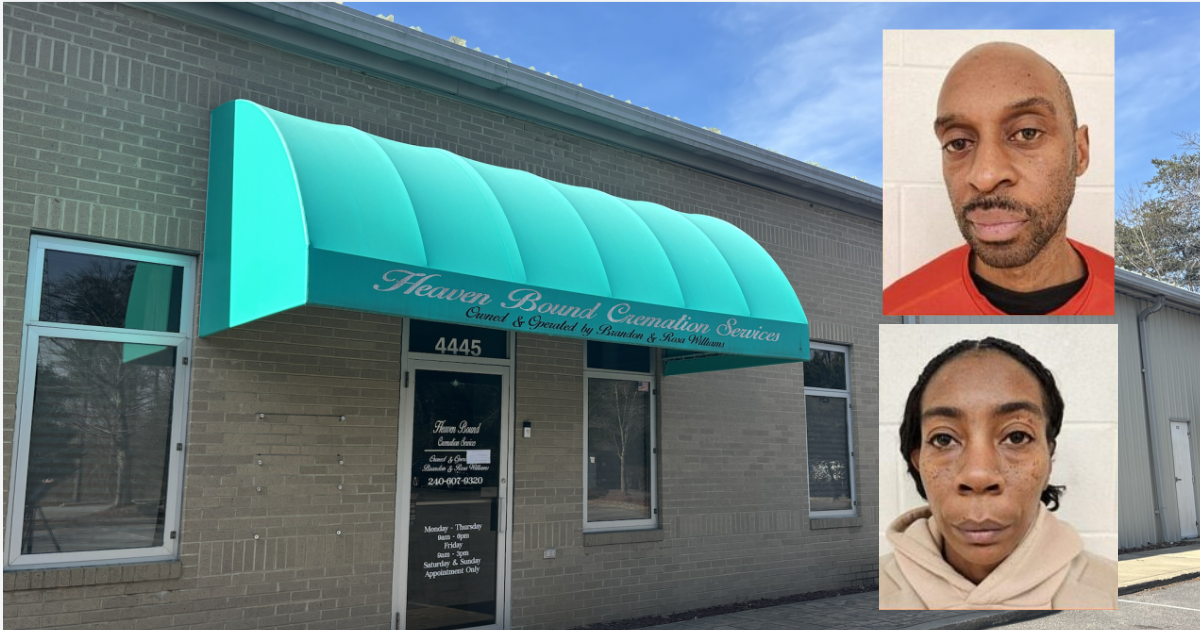Soldier Buried in National Cemetery 58 Years After His Death
 FORT SMITH, Ark. – After nearly 60 years, a Fort Smith soldier killed in the Korean War has finally been laid to rest in the National Cemetery. Funeral services for Pfc. Johnny Mayberry were held Friday in Fort Smith. Mayberry was killed when he was 18 and serving with the Army at the Chosin Reservoir in what is now North Korea.
FORT SMITH, Ark. – After nearly 60 years, a Fort Smith soldier killed in the Korean War has finally been laid to rest in the National Cemetery. Funeral services for Pfc. Johnny Mayberry were held Friday in Fort Smith. Mayberry was killed when he was 18 and serving with the Army at the Chosin Reservoir in what is now North Korea.
His body, along with the remains of more than a thousand other soldiers, was left behind by soldiers retreating from a Chinese force that outnumbered them almost seven to one. In 2004, it was recovered by members of the Korean War Project, and later identified from DNA submitted by his family.
“It means a closure to all of this,” said Alice Baker, Mayberry’s sister. “We’ve looked forward to all of this for sixty years, hoping and praying to have this.”
After Mayberry’s funeral, a veterans’ motorcycle group led the funeral procession down Garrison Avenue, where hundreds of people stood waving flags to honor Mayberry’s service.
“”That meant so much, the respect they showed for my brother, that really did,” said Baker.
“I could not believe it, I had a hard time driving I was so touched with it all,” said Bill Vines, Fort Smith’s former mayor and a childhood friend of Mayberry’s.
At the cemetery Mayberry was laid to rest with full military honors, with other presentations by the American Legion and other veterans. Walter Morton, who served with the First Marines Division stationed near the Chosin Reservoir, said he remembered when they were given the order to pull back, leaving many of their comrades behind.
“We wanted to go get them, but it was an impossibility,” he said.
“They can’t spend enough money to go get them and bring them back, it’s the greatest thing they’ve ever done.”
According to military records, there are still more than 1,000 unidentified soldiers’ remains left in the Chosin Reservoir.
Source: KFSM.com



